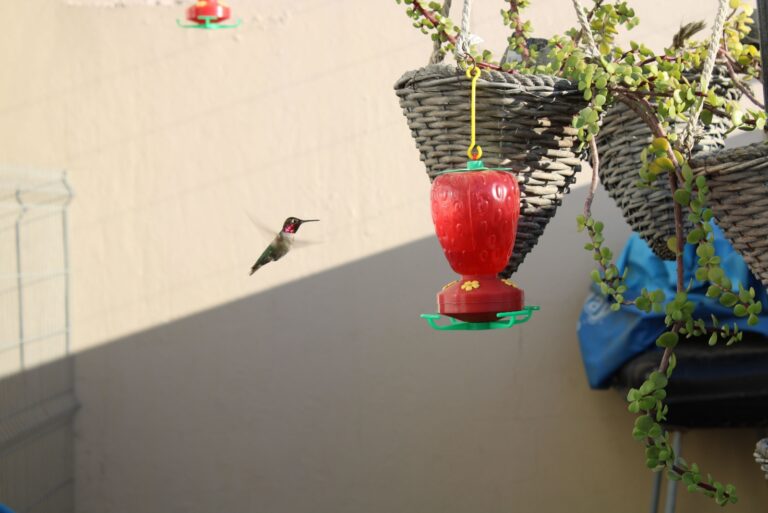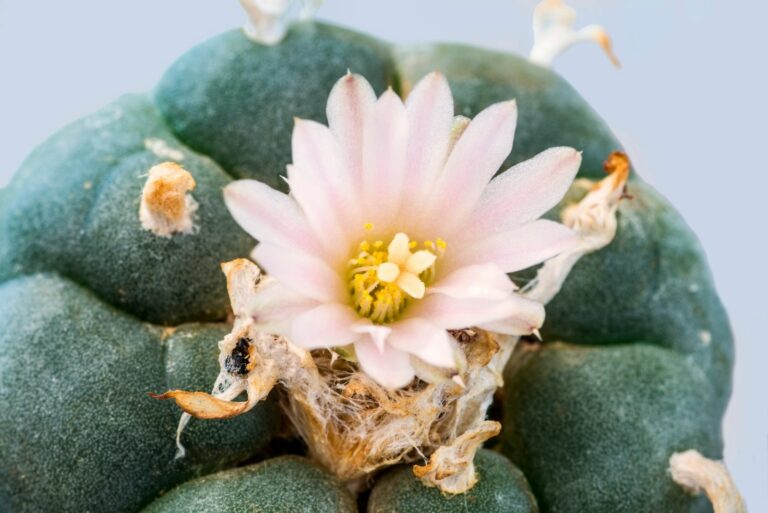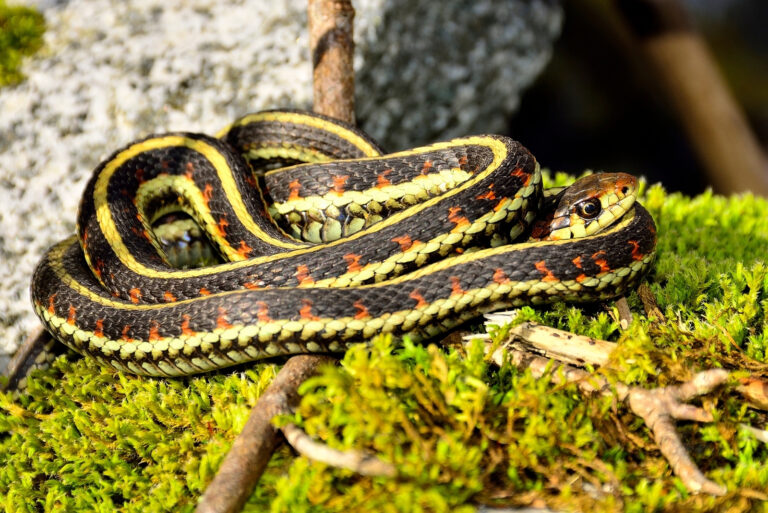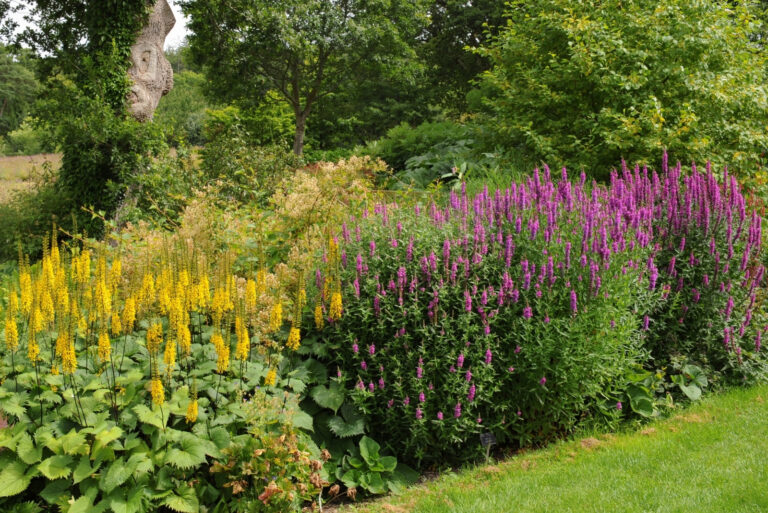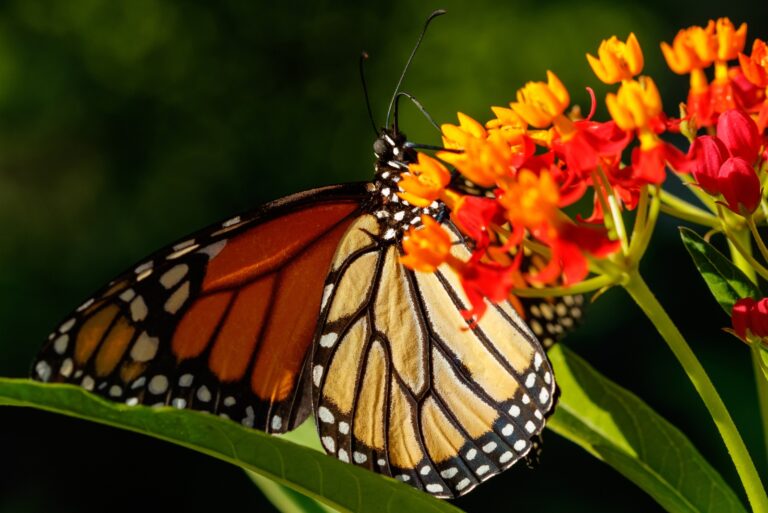10 Mississippi Creatures You Can’t Legally Remove From Your Home And Garden
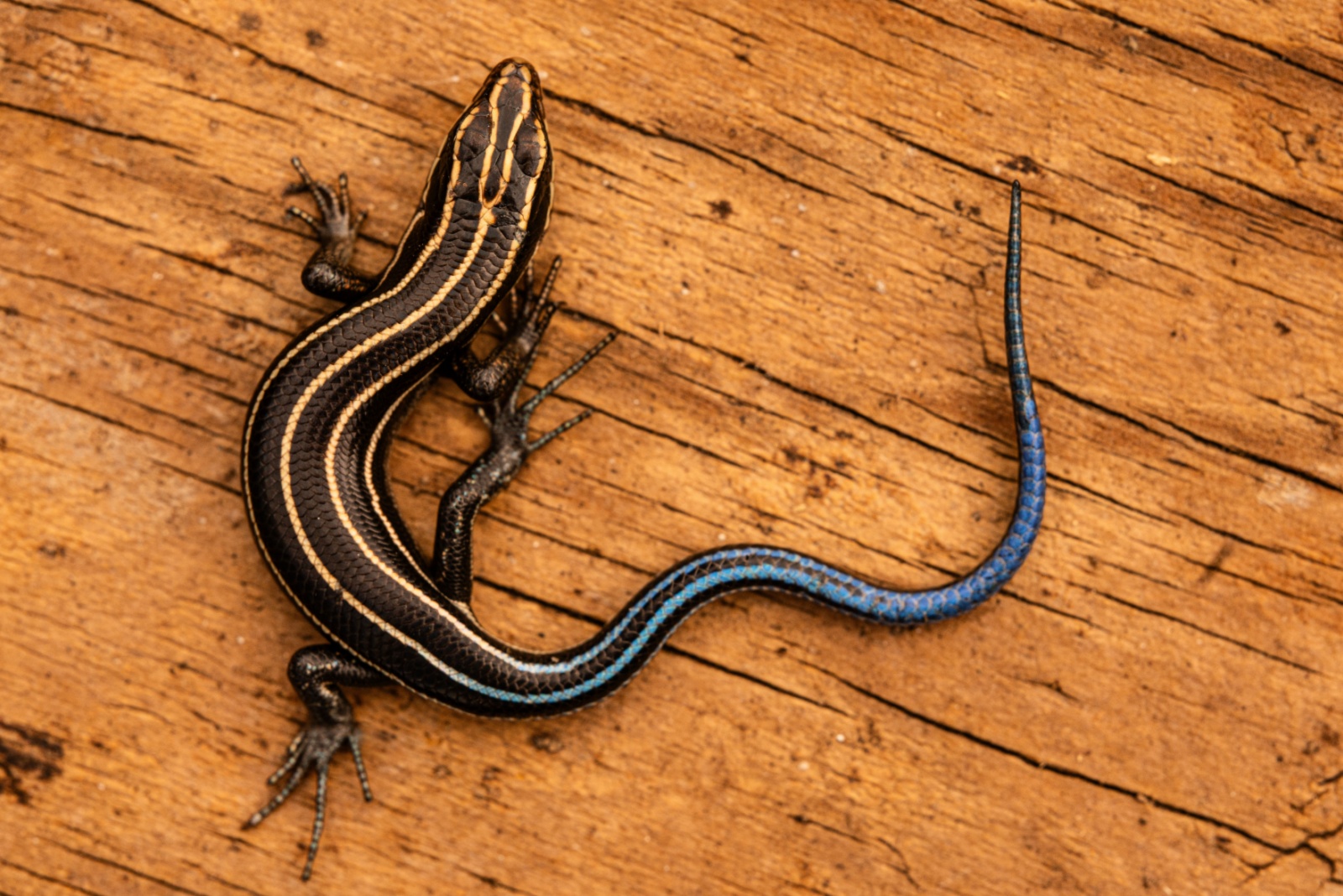
Living in Mississippi means sharing your space with some amazing wildlife, but did you know that some creatures are protected by law? You might find certain animals in your yard or even inside your home, and removing them could get you in serious trouble.
Understanding which species are off-limits helps you stay on the right side of the law while respecting nature’s important role in our ecosystem.
1. Eastern Box Turtle
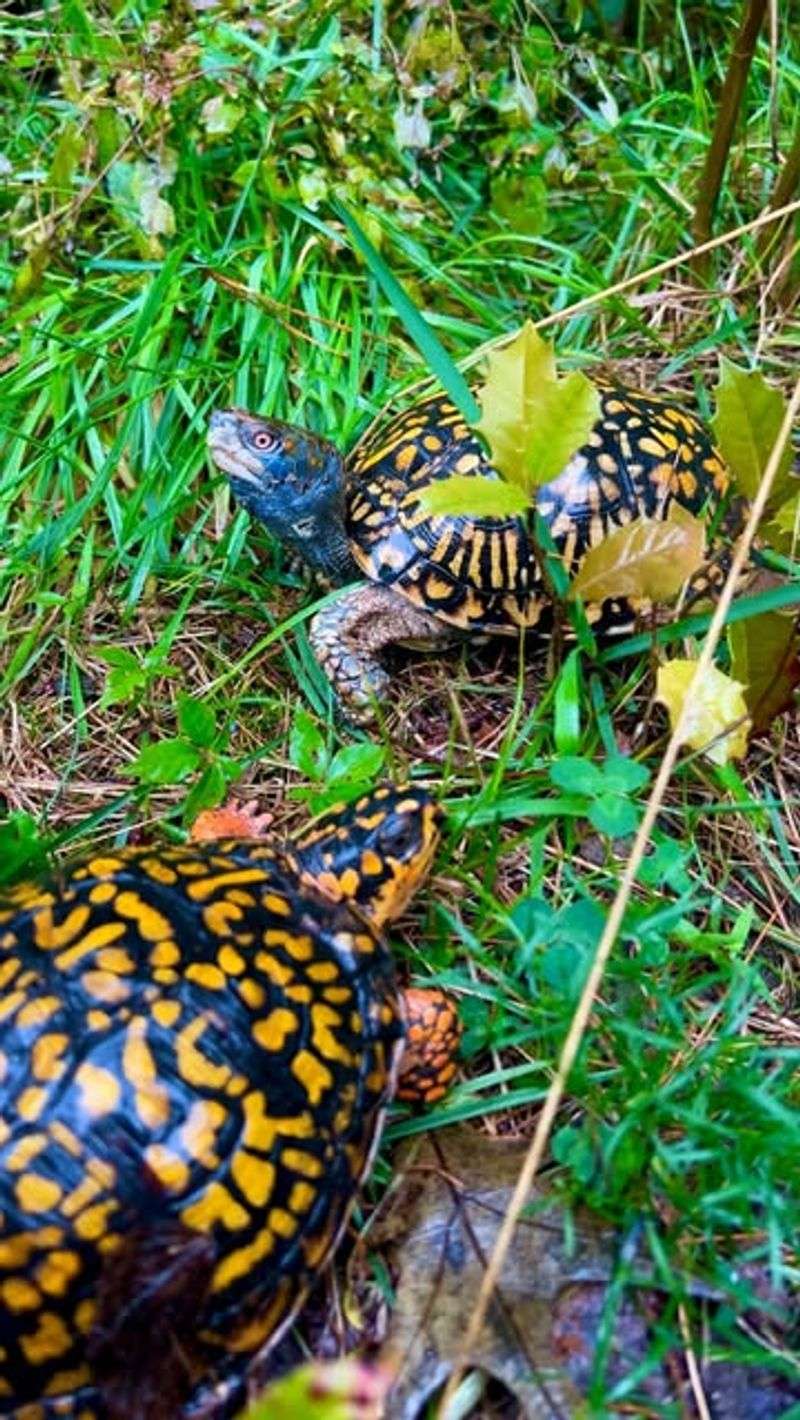
Spotting one of these colorful reptiles wandering through your flower beds might seem like a perfect chance to relocate it, but hold on! Mississippi law protects box turtles because their populations have been declining for decades.
Moving them away from their home territory can actually harm their survival chances. Box turtles have incredible memories and spend their entire lives in a small area, usually less than a few acres.
If you find one, simply let it pass through naturally and enjoy the rare sighting.
2. Chimney Swift
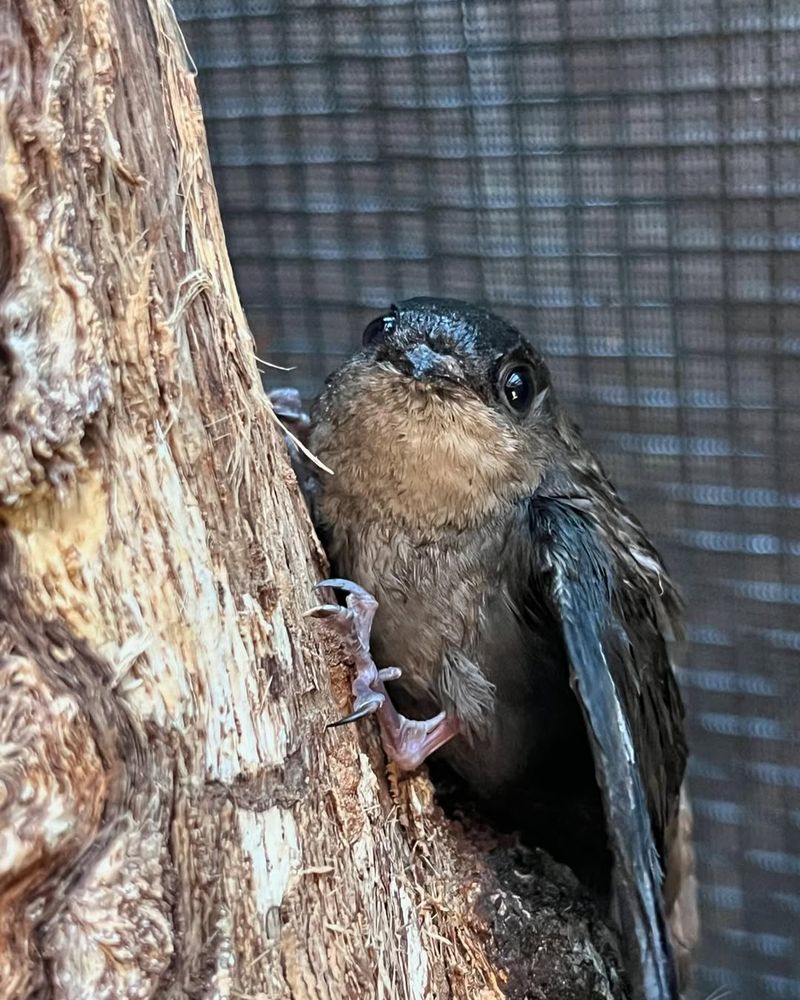
These acrobatic flyers have adapted to use chimneys as nesting sites, treating your home like a natural tree hollow. Federal law protects chimney swifts under the Migratory Bird Treaty Act, making it illegal to disturb their nests while they’re actively using them.
During breeding season from spring through summer, you’ll hear their chattering calls echoing down your chimney. Wait until fall when they migrate south to cap your chimney.
Their insect-eating habits actually benefit your property by reducing mosquito populations naturally.
3. Racer Snake
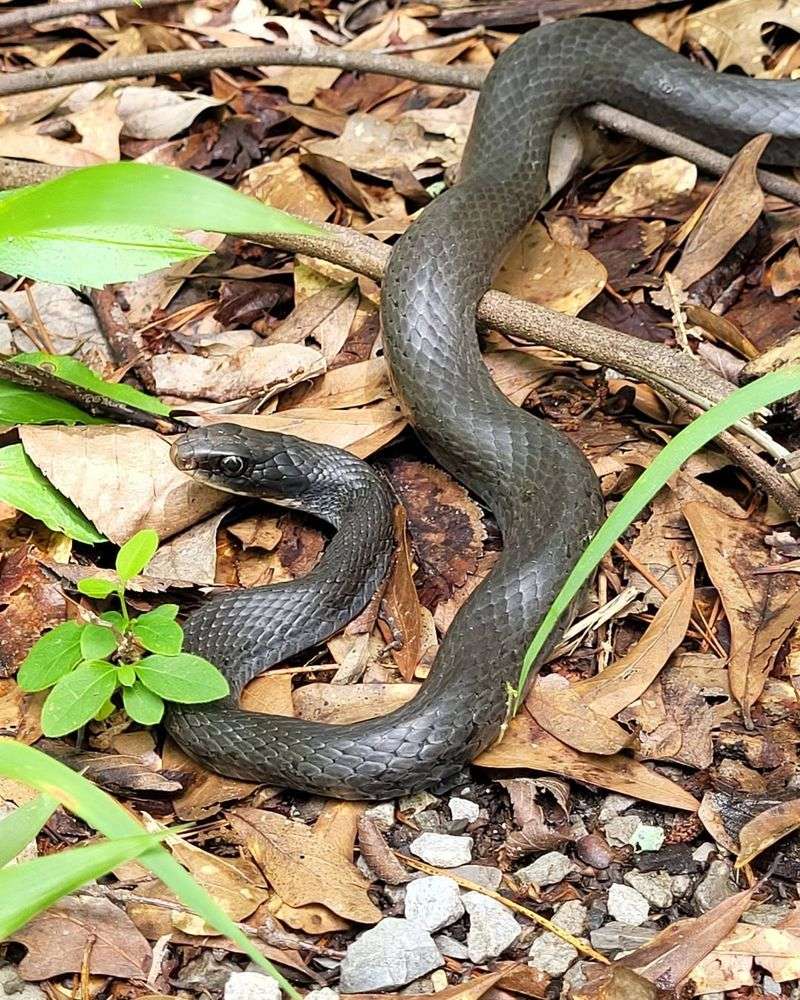
Lightning-fast and completely harmless, racer snakes are actually your garden’s best friend when it comes to pest control. State regulations protect non-venomous snakes because they play crucial roles in controlling rodent populations around homes and farms.
Despite their intimidating speed, racers won’t hurt you and prefer to flee rather than fight. They feast on mice, rats, and insects that would otherwise damage your property.
Watching one zoom across your lawn might startle you, but remember they’re providing free pest management services.
4. Little Brown Bat
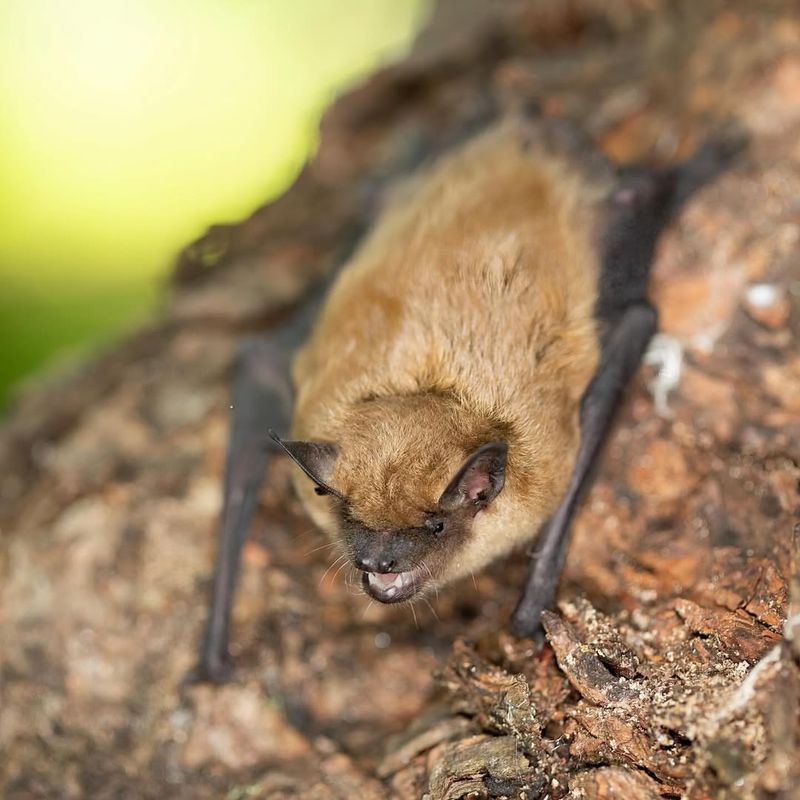
Finding a colony roosting in your attic might seem like a nightmare, but these tiny mammals are environmental superheroes. Each bat devours thousands of mosquitoes and agricultural pests every single night, making them incredibly valuable to Mississippi’s ecosystem.
Federal and state laws protect bats due to devastating population declines from white-nose syndrome. You cannot remove them during maternity season when mothers are raising babies.
Professional wildlife experts can help you exclude them humanely during appropriate times of year.
5. Five-Lined Skink
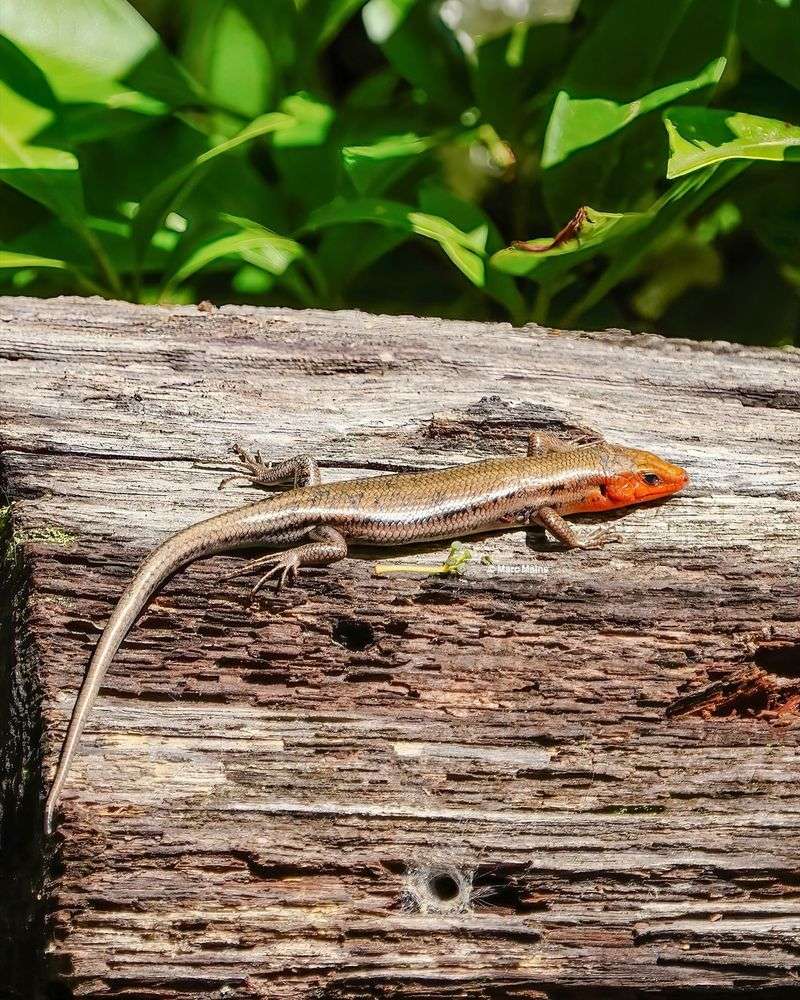
With electric blue tails that seem to glow in the sunlight, juvenile skinks are among Mississippi’s most eye-catching reptiles. These lizards are protected because they help maintain balanced ecosystems by controlling insect populations and serving as prey for larger animals.
Skinks love sunbathing on warm surfaces like rocks, decks, and foundation walls around your home. Their tail can detach when threatened, wiggling independently to distract predators while the skink escapes.
Consider yourself lucky to host these beautiful, beneficial creatures on your property.
6. Red-Bellied Woodpecker
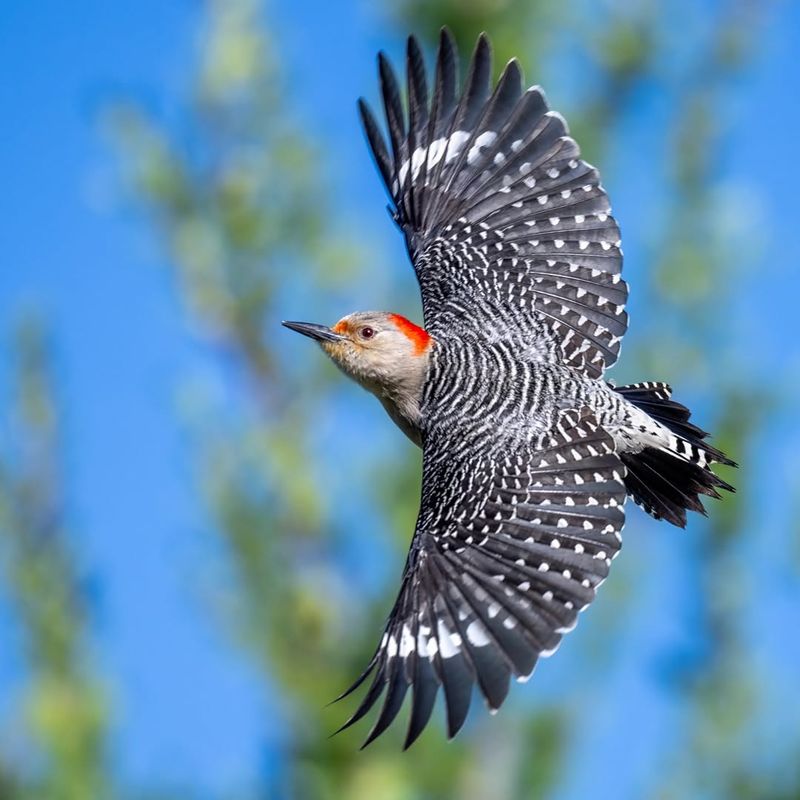
Don’t let the name fool you—the red cap on its head is far more noticeable than its subtle belly coloring! Protected under federal law, these woodpeckers sometimes decide your wooden siding makes an excellent drumming surface or nesting site.
Their persistent pecking can be annoying, but removing them or their nests is illegal during breeding season. Woodpeckers actually help your property by eating destructive insects like carpenter ants and wood-boring beetles.
Hanging reflective tape or providing alternative nesting boxes can discourage them from damaging your home.
7. Gopher Tortoise
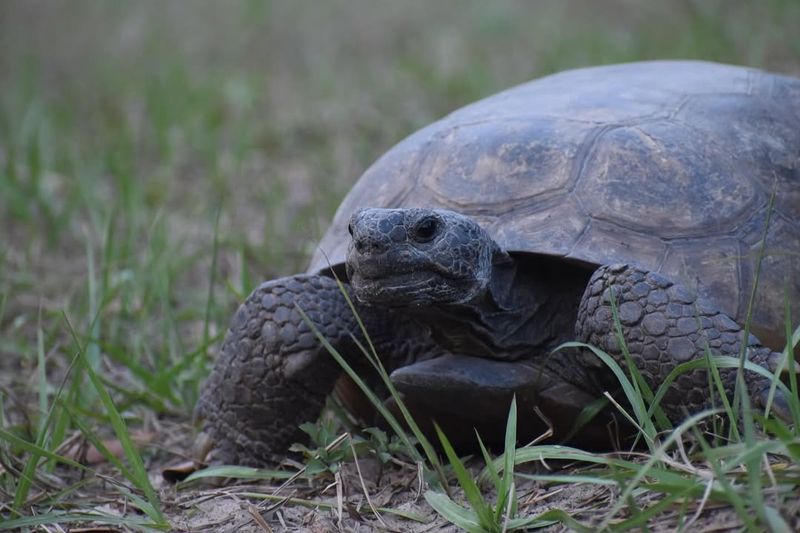
Engineering marvels of the reptile world, gopher tortoises dig extensive underground burrows that provide shelter for over 350 other species. Mississippi protects these ancient creatures because habitat loss has made them increasingly rare across their historical range.
If you discover a burrow on your property, you’ve essentially got a wildlife apartment complex beneath your feet. Their slow reproduction rate means every individual matters for species survival.
Landowners must work with wildlife agencies to develop protection plans rather than simply relocating these important ecosystem architects.
8. Barn Swallow
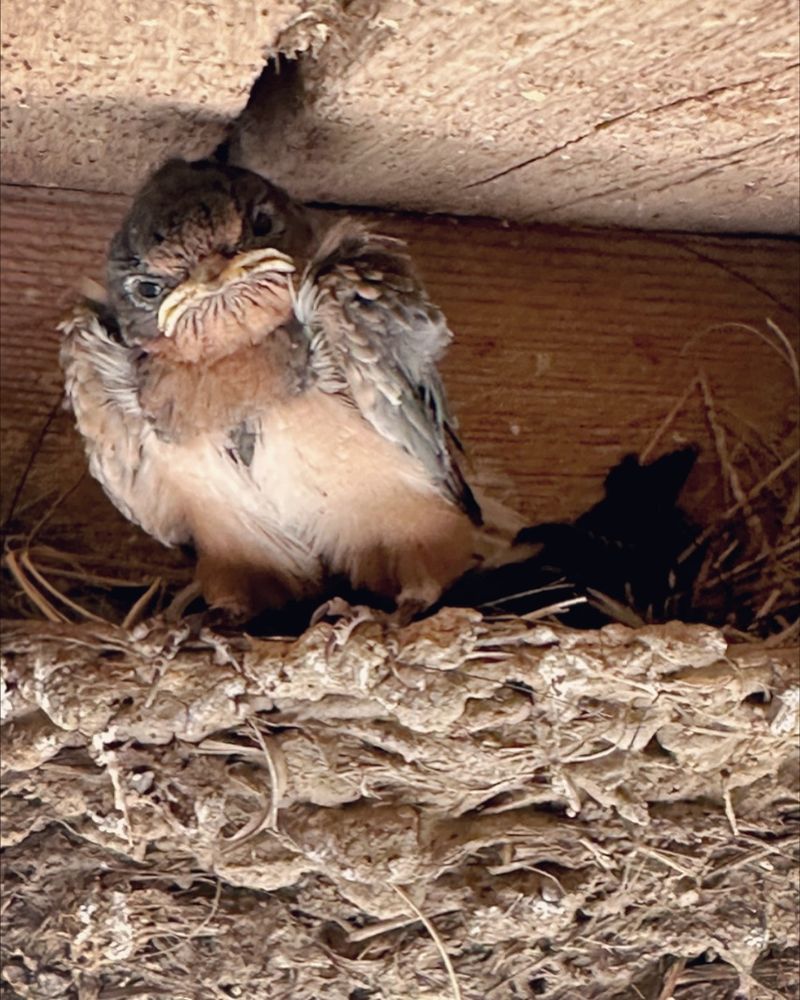
Graceful aerial performers, barn swallows construct their mud nests in the most inconvenient places—right above your front door or garage entrance. Federal protection under the Migratory Bird Treaty Act means you cannot remove active nests, even when droppings become a nuisance.
A single swallow family can consume thousands of flying insects daily, including flies, mosquitoes, and beetles. Their return each spring signals warmer weather and brings natural pest control to your property.
Wait until fall migration ends before removing old nests to prevent next year’s construction.
9. Eastern Screech Owl
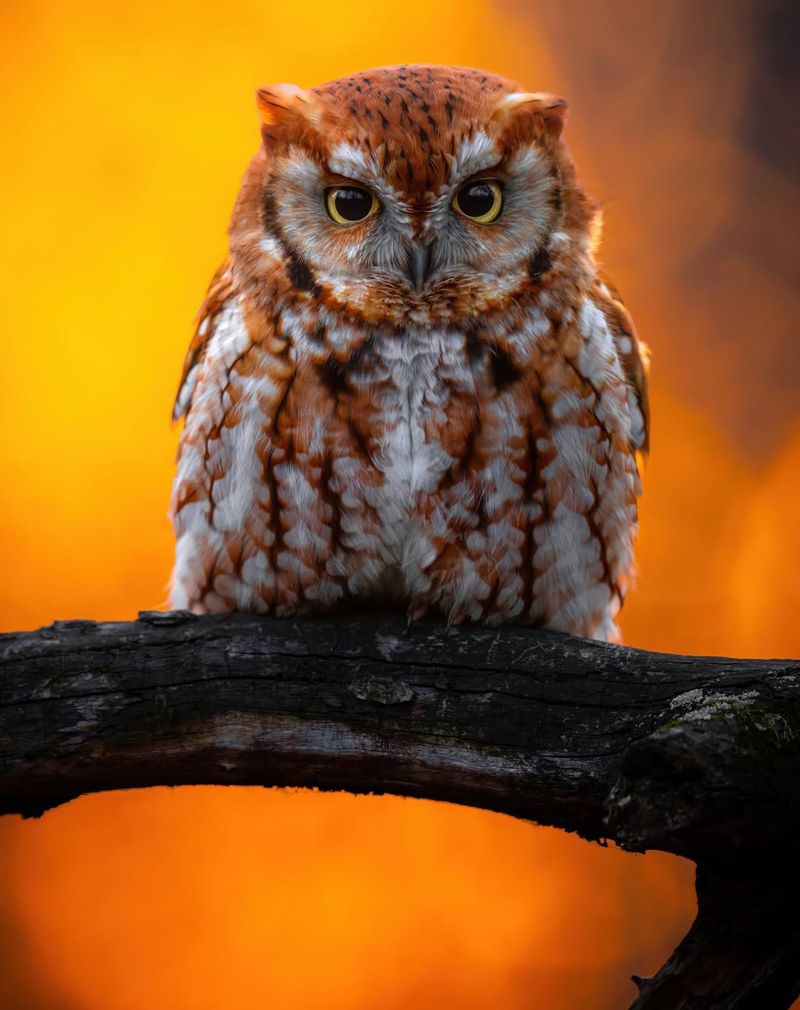
Barely larger than a soda can, these pint-sized predators might choose your backyard trees or even nest boxes as their hunting headquarters. Their eerie trilling calls echo through Mississippi neighborhoods at night, sometimes startling homeowners who don’t recognize the sound.
Federal law protects all native owl species, making removal illegal without special permits. Screech owls provide exceptional rodent control, hunting mice, voles, and large insects that damage gardens and homes.
Consider their presence a badge of honor—healthy owl populations indicate thriving local ecosystems around your property.
10. Ruby-Throated Hummingbird
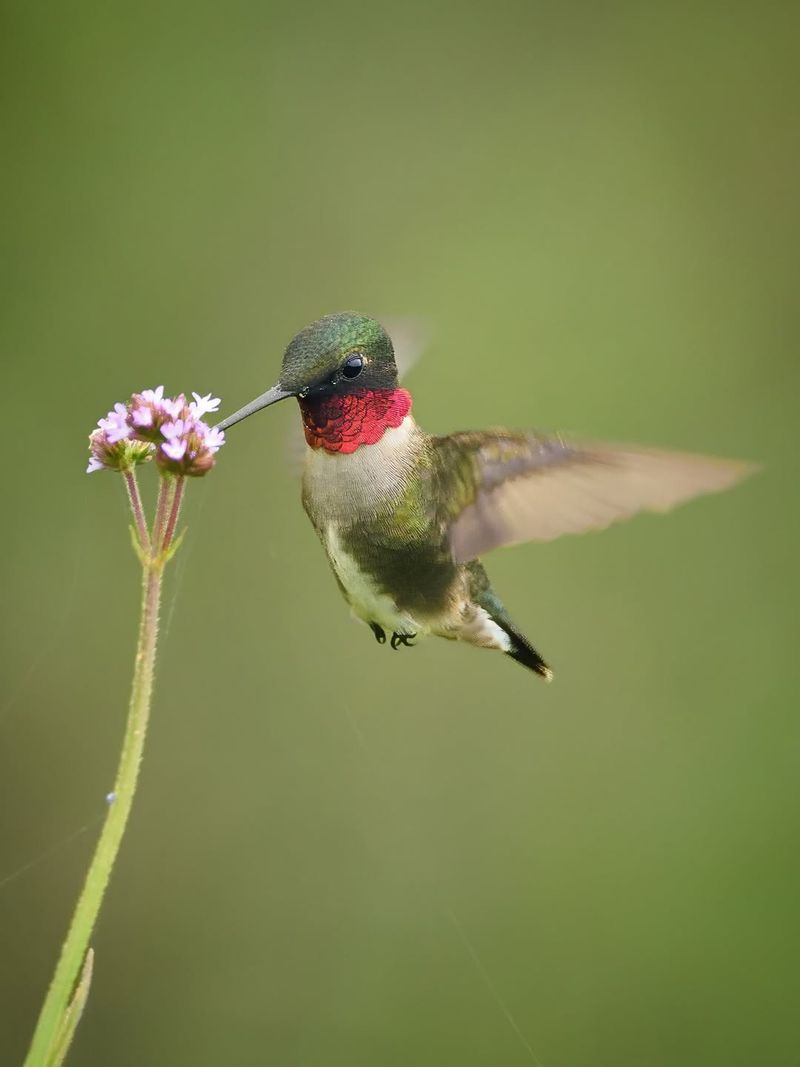
Jewels of the sky, male hummingbirds sport throats that flash brilliant ruby red in the sunlight. These tiny migrants travel incredible distances, and federal law protects them throughout their journey, including when they visit your Mississippi garden.
Hummingbirds pollinate flowers while feeding, making them essential partners for both wild plants and your garden blooms. A single bird may visit thousands of flowers daily, transferring pollen and supporting plant reproduction.
Providing nectar feeders and native flowering plants creates legal, beneficial habitat that brings these magical creatures right to your windows.

